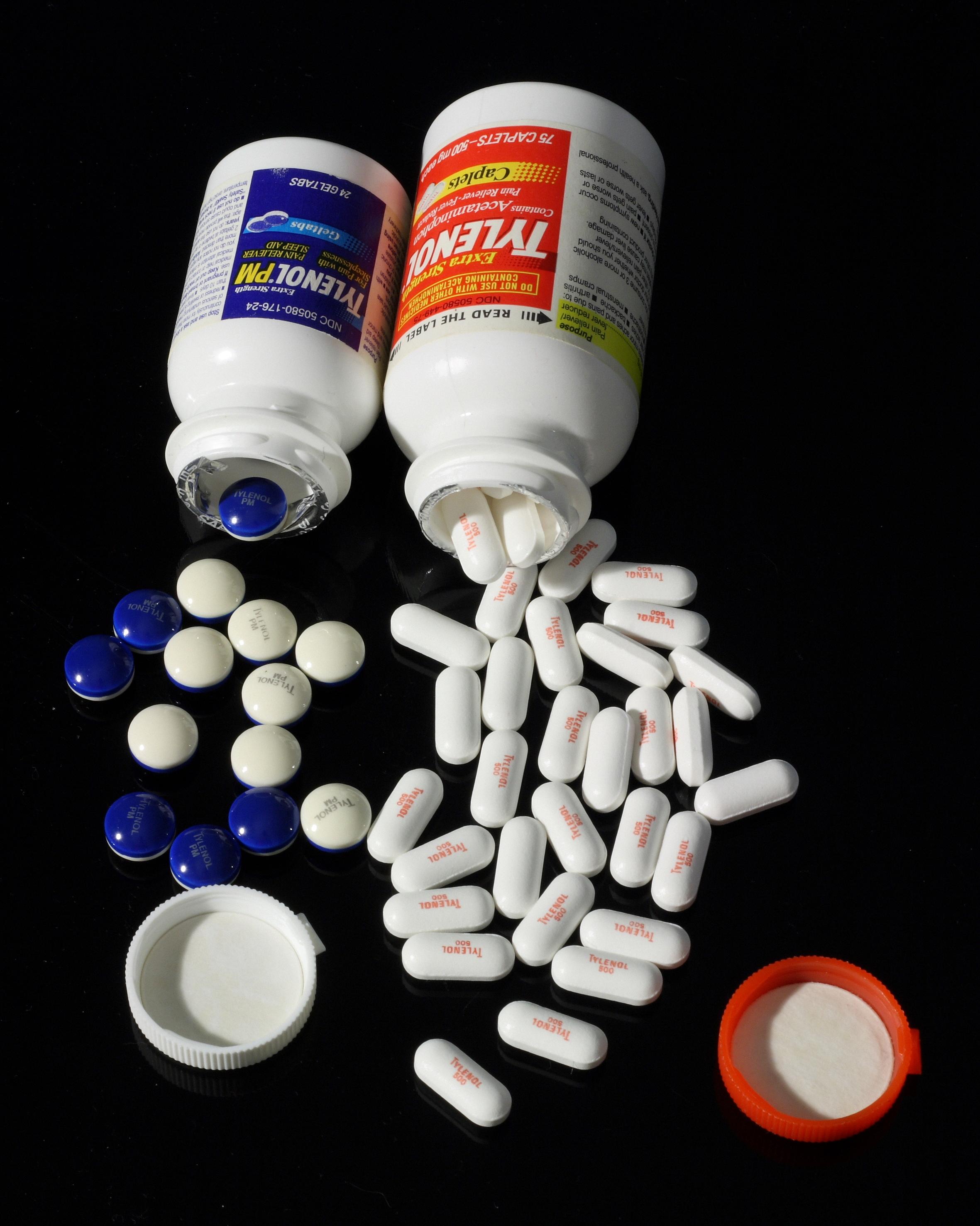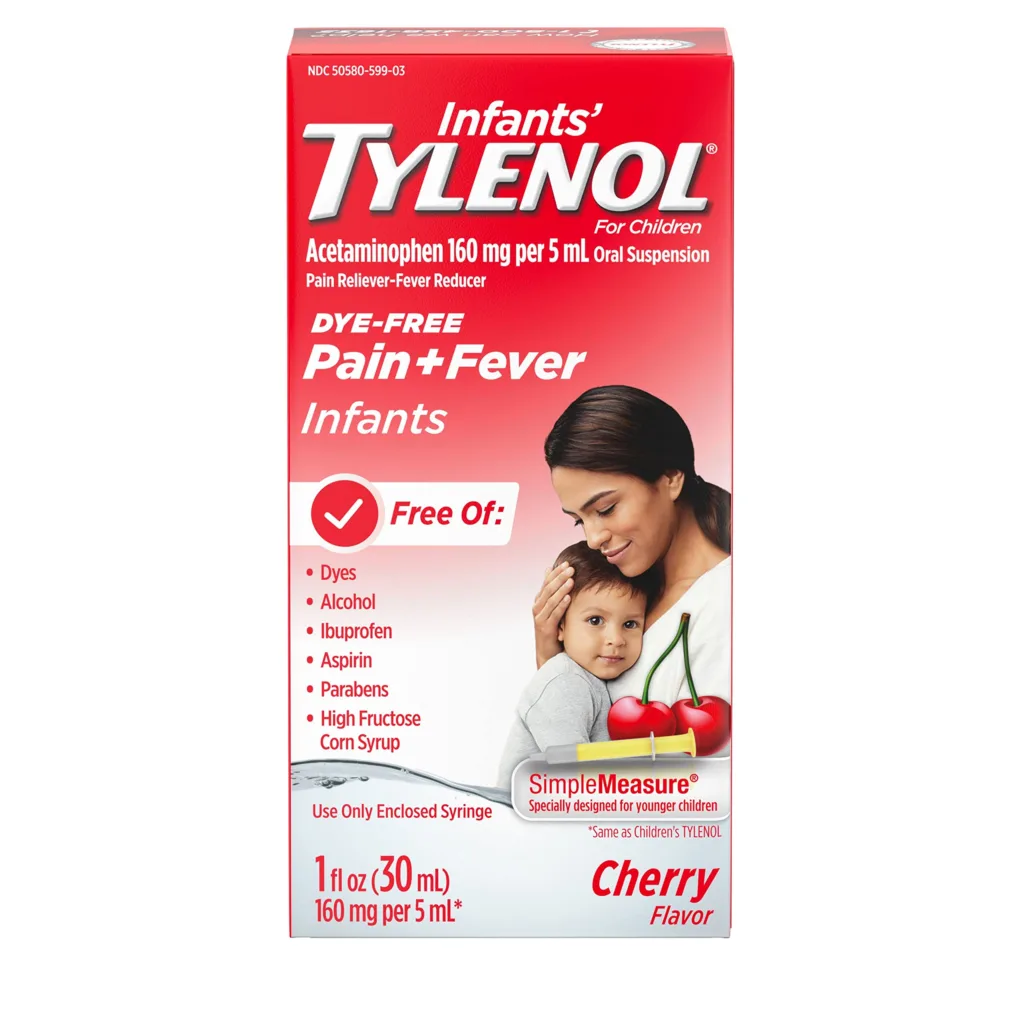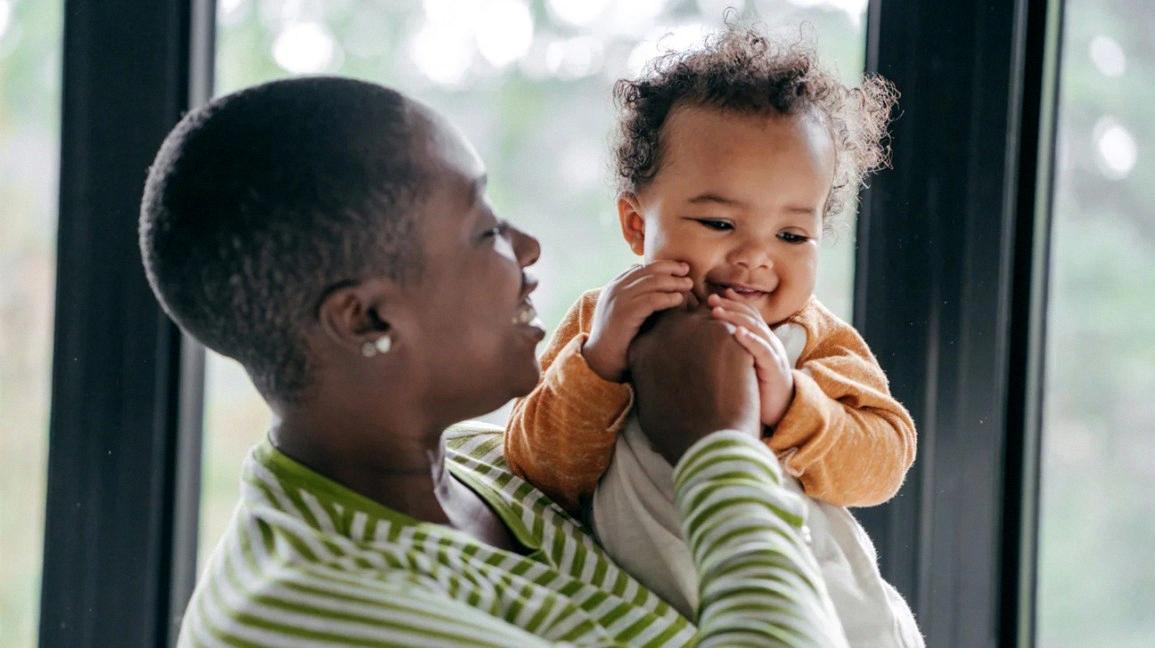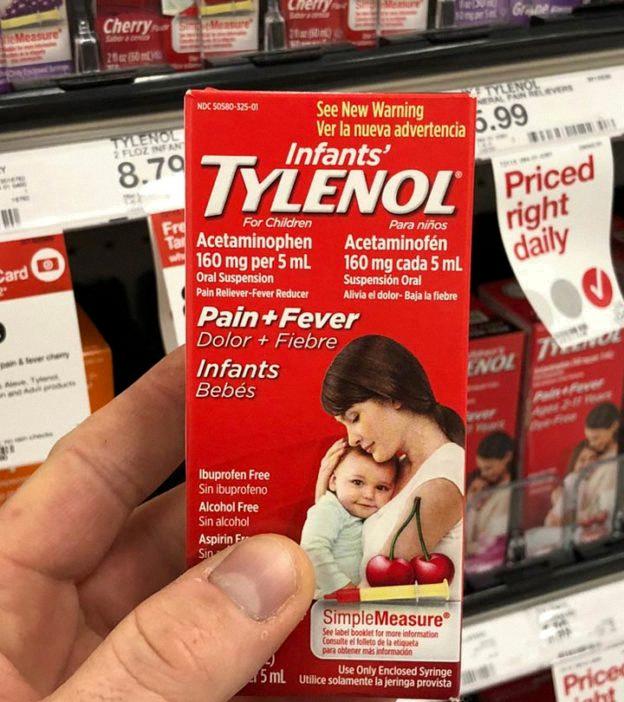Tylenol is a commonly used medication for infants and children to relieve pain and reduce fever. The active ingredient in Tylenol is acetaminophen. While it is generally considered safe and effective when used as directed, there has been concern about whether Tylenol can make babies sleepy.
First and foremost, it’s important to note that Tylenol is not a sedative or sleep aid. It is intended to relieve pain and fever, not to make your child sleepy. That being said, some babies may become drowsy after taking Tylenol. This is not a guaranteed side effect, and not all babies will experience it.
The drowsiness that some babies experience after taking Tylenol is likely due to the medication’s pain-relieving effects. When a baby is in pain or discomfort, it can be difficult for them to sleep or stay asleep. By relieving that pain, Tylenol may allow a baby to relax and fall asleep more easily.
It’s important to note that excessive drowsiness or lethargy is not a typical side effect of Tylenol. If your baby is excessively sleepy or difficult to wake up after taking Tylenol, you should contact your pediatrician riht away. This could be a sign of a more serious reaction or illness.
In addition to its potential effects on sleep, Tylenol is generally considered safe and effective for use in infants and children. However, it’s important to follow dosing instructions carefully and not exceed the recommended amount. Overdose of Tylenol can be very dangerous and even fatal.
Tylenol is not intended to make babies sleepy, but some babies may become drowsy after taking the medication. This is likely due to its pain-relieving effects. If your baby is excessively sleepy or difficult to wake up after taking Tylenol, seek medical attention right away. As always, it’s important to follow dosing instructions carefully and not exceed the recommended amount.
The Effects of Tylenol on Sleep in Children
Tylenol, also known as acetaminophen, is a pain reliever and fever reducer that is commonly used in children. While Tylenol is not specifically designed to make children sleepy, drowsiness is listed as a possible side effect. However, drowsiness is not a common side effect in children who take Tylenol at the recommended dose. In fact, many children may experience increased alertness and energy after taking Tylenol due to relief from pain or fever. It is important to follow the recommended dosing instructions and speak with a healthcare provider if your child experiences any unusual side effects.

Source: en.wikipedia.org
Side Effects of Baby Tylenol
When used in therapeutic doses, baby Tylenol (which contains the active ingredient acetaminophen) is generally well-tolerated. However, some possible side effects have been reported. The most commonly reported adverse reactions include nausea, vomiting, and constipation. It’s important to note that injection site pain and injection site reaction have been reported with the IV product. It’s always a good idea to talk to your healthcare provider before giving any medication to your baby to ensure proper dosing and to discuss any potential side effects.
The Dangers of Giving Tylenol to Babies
Recent studies suggest that early exposure to paracetamol (the active ingredient in Tylenol) may have negative effects on the long-term neurodevelopment of infants and children. In particular, some studies have found associations between early paracetamol use and increased risk of attention-deficit hyperactivity disorder (ADHD), autism spectrum disorder (ASD), and other behavioral problems. Additionally, paracetamol has been linked to increased risk of asthma and other allergic conditions. While paracetamol is generally considered safe when used as directed, it is important for parents and healthcare providers to weigh the potential risks and benefits before giving it to infants and young children. As always, it is best to consult with a healthcare professional before giving any medication to a child.
How Long Does It Take for Infant Tylenol to Take Effect?
Infant Tylenol, which contains acetaminophen, typically starts to work within 30 minutes to an hour. However, the exact time frame may vary depending on factors such as the child’s age, weight, and overall health. It is important to follow the recommended dosage instructions carefully and not exceed the maximum daily dose. If your child’s fever persists or worsens, or if they develop any new symptoms, you should contact your healthcare provider for further advice.
Medications That Make Children Sleepy
There are a few different medicines that can make a child sleepy, depending on the reason for their sleeplessness. One common medication is diphenhydramine, also known as Benadryl. This is an antihistamine that is often used to treat allergies or cold symptoms, but it can also cuse drowsiness as a side effect. Another medication that may be used to help a child sleep is melatonin. This is a naturally occurring hormone that is produced by the body to help regulate sleep-wake cycles. If a child is having trouble falling asleep or staying asleep, their doctor may prescribe melatonin to help them get a better night’s rest. It’s important to note that both diphenhydramine and melatonin should only be used under the guidance of a doctor, and parents should always follow dosage instructions carefully to avoid any potential side effects.

The Effects of Tylenol on Sleep Patterns
Acetaminophen, commonly known as Tylenol, is not known to cause sleeplessness. However, a study conducted on the effect of acetaminophen and other pain medications on sleep showed that acetaminophen did not significantly differ from placebo in terms of polygraphically recorded sleep measures. Nonetheless, every index of objective sleep reflected slight, albeit nonsignificant, sleep disruption for each drug group relative to placebo. Therefore, although Tylenol is not known to cause sleeplessness, it may cause slight sleep disruption in some individuals. It is essential to consult a healthcare provider bfore taking any medication, including Tylenol, as individual responses to medications may vary.
How Often Can I Give Baby Tylenol?
It is recommended to not give acetaminophen, the active ingredient in Tylenol, for more than 7 days in a row without consulting with your child’s pediatrician. It is important to follow the dosage instructions provided by the pediatrician or on the medication label and not exceed more than 5 doses in a 24-hour period. If your child is under 3 months old and has a fever of 100.4° F (38° C) or higher, it is important to contact your pediatrician immediately.
Is Tylenol Safe for Teething Babies?
It is generally safe to give infants and children acetaminophen (Tylenol) for teething pain. Teething can be a painful and uncomfortable experience for babies, and over-the-counter pain medications can help ease their discomfort. However, it is important to follow the recommended dosages and instructions on the packaging and to consult with a healthcare provider before administering any medication to your child. Additionally, it is important to note that teething can also cause other symptoms such as drooling, fever, and diarrhea, so it is important to monitor your child’s symptoms and seek medical attention if necessary.
The Risks of Giving a Baby Tylenol Every Day
If you give a baby Tylenol every day, it can lead to serious health problems. Tylenol contains acetaminophen, whch is a pain reliever and fever reducer. Giving too much acetaminophen to a baby can cause liver damage, as their liver is not fully developed and cannot metabolize the medication as efficiently as an adult’s liver. This can also result in an accidental overdose and even death.
Additionally, giving a baby Tylenol every day can mask the symptoms of an underlying condition, making it difficult for a healthcare provider to diagnose and treat the problem. It is important to follow the recommended dosage and frequency guidelines on the packaging, based on the baby’s age and weight, and to consult with a healthcare provider before giving any medication regularly. it is crucial to be cautious and to prioritize the baby’s health and safety.

Source: healthline.com
The Effectiveness of Tylenol in Treating Babies’ Pain
Tylenol doesn’t work instantly for babies. According to experts, it takes approximately 30 minutes for the medication to start working, and it reaches maximum effect after about an hour. It’s important to follow the recommended dosage and wait the appropriate amount of time before expecting the medication to take effect. If your baby’s fever persists for more than 72 hours or returns after being gone for 24 hours, it’s important to contact your pediatrician.
Is Giving a Baby Tylenol Every Night Safe?
It is not recommended to give your baby Tylenol every night. While Tylenol can be an effective pain reliever, usig it regularly without medical advice can be dangerous. Overuse of Tylenol can cause liver damage, and giving it every night can lead to dependence and tolerance, making it less effective over time. Additionally, if your baby is experiencing pain every night, it is important to identify the underlying cause and address it directly, rather than relying on medication as a band-aid solution. If you are concerned about your baby’s pain or discomfort, it is always best to consult with your pediatrician for guidance on safe and effective treatment options.
The Impact of Tylenol on Fetal Movement
Acetaminophen, also known as Tylenol, has been shown to affect fetal activity in animal models. However, studies in humans have found that maternal administration of acetaminophen has little effect on fetal movements. In fact, a study published in the Journal of Obstetrics and Gynaecology found that there was no significant difference in fetal movements between women who took acetaminophen and those who did not.
It is important to note that excessive use of acetaminophen during pregnancy has been associated with adverse effects on fetal development and long-term health outcomes. Therefore, it is recommended that pregnant women only take acetaminophen as directed by their healthcare provider and avoid excessive use.
While acetaminophen has been shown to affect fetal activity in animal models, it has little effect on human fetal movements. However, pregnant women shold use acetaminophen cautiously and only as directed by their healthcare provider.
Managing a Fever in Infants: Should I Let My Baby Sleep?
If your baby has a fever, it’s important to monitor their temperature and make sure they are comfortable. If your baby is sleeping and their fever is not too high, it’s generally okay to let them sleep. However, if their fever is very high (over 102°F or 38.9°C) or if they are showing other concerning symptoms such as difficulty breathing, lethargy, or irritability, it’s important to seek medical attention right away. In general, it’s important to keep your baby well-hydrated and comfortable when they have a fever, and to follow any advice or treatment recommendations from your healthcare provider.

Source: momjunction.com
Administering Tylenol to Babies at What Temperature
If your baby is between 3 months and 3 years of age and has a temperature of 102°F or lower, it is not recommended to give them any medication. However, if your baby is experiencing discomfort, achiness or fussiness, and thir temperature is above 102°F (38.8°C), you may consider giving them acetaminophen, which is the active ingredient in Tylenol. It is important to always follow the recommended dosage on the label, and to consult with your pediatrician if you have any concerns or questions about giving medication to your baby. It’s also important to monitor their temperature and symptoms closely, and seek medical attention if necessary.
Dressing a Baby with a Fever for Bedtime
When your baby has a fever, it’s important to dress them appropriately for bed to help regulate their body temperature. The best approach is to dress your baby in one layer of lightweight clothing, such as a cotton onesie or pajamas. Avoid using heavy blankets, as they can trap heat and make your baby feel uncomfortable. Instead, use a lightweight blanket that allows air to circulate. It’s also important to ensure that the room temperature is comfortable, neither too hot nor too cold. Keeping your baby in a comfortable, cool environment can help them sleep beter and recover faster. Remember, overdressing your baby can cause their fever to rise, so stick to one layer of clothing and a lightweight blanket for restful sleep.
Conclusion
Tylenol (acetaminophen) is a commonly used fever and pain reliever medication in both adults and children. While it is generally well-tolerated and may cause mild side effects such as drowsiness, dizziness, and upset stomach, its safety profile has come under scrutiny due to increasing evidence suggesting that early-life exposure to acetaminophen may cause long-term neurodevelopmental problems in children. Therefore, it is recommended to use Tylenol and other fever reducers such as ibuprofen as directed by a healthcare professional and avoid overuse. If any side effects persist or worsen, it is important to consult a doctor or pharmacist.
